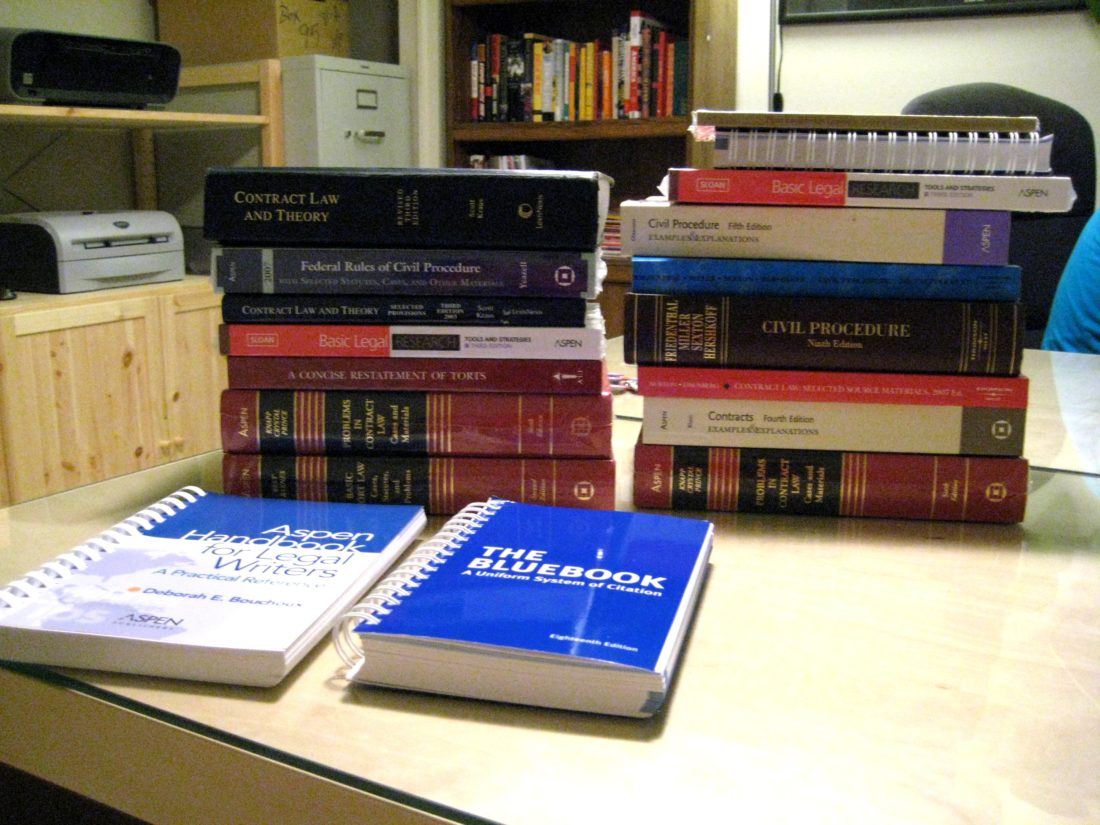
Public Justice Calls on California Supreme Court to Instate Diploma Privilege
By Stevie Glaberson
Staff Attorney
The COVID-19 pandemic has created a domino effect of unanticipated changes to our country’s systems, and this applies to the legal field as much as any other. Recognizing the danger that an in-person administration of the bar exam poses, states across the country are grappling with how to safely proceed with welcoming this year’s class of newly graduated lawyers into the profession. Some have delayed their exams, others announced plans for online tests, and some have instituted what’s called “diploma privilege,” in which the state provides a path for admission to applicants based on their graduation from identified law schools.
In California and elsewhere, students and recent graduates have banded together as United For Diploma Privilege, to demand that the state Supreme Court forgo its plans for a mandatory remote exam and instead institute diploma privilege. As a legal organization proud to work and hire in the state of California, we feel strongly that granting these graduates diploma privilege will not only provide them with an opportunity to equitably join the profession and work to eliminate disparate impacts requiring them to sit for the bar exam—even remotely—would cause, but will also serve the California bar and community. On July 14, we sent a letter to the California Supreme Court in support of United For Diploma Privilege and their request that the state institute diploma privilege for recent graduates.
Remote administration of the bar exam is not an answer. Many students face new hardships as a result of the pandemic, including family and childcare responsibilities, loss of income, and other pressures. And large majorities of prospective exam-takers have expressed that they may not be able to take part in any remotely administered exam due to lack of resources.
- Examinees are unlikely to have access to reliable internet service: In survey data collected by United For Diploma Privilege, more than 70% of respondents indicated they would not or were unsure if they would have regular access to a reliable internet connection in order to take the Bar exam online. If California’s wildfire season kicks up and PG&E again decides to shut off power lines, circumstances beyond any student’s control may make it more difficult to secure internet access for long enough to take the exam at all.
- Examinees may not have a place to take the exam: 77% of United for Diploma Privilege respondents said they felt unsure that they would be able to find a quiet location in which to take a remotely-administered bar exam. Many students are living with extended family, who may also be working from home, and may be providing childcare, caring for elderly family members, or living with essential workers. The hardship of meaningfully participating and performing well on a remotely-administered exam in these conditions will fall disproportionately upon low-income students, students of color, and those belonging to other marginalized communities.
- Financial burdens make a delayed exam untenable: Nearly 90% of respondents indicated that they received postgraduate job offers contingent on their future bar passage. And 74% of respondents say they have at least $50,000 in student loans, which will enter repayment this fall, and as a result, 62.5% say they may be forced to take a job outside of the legal profession to make those payments if unable to take the fall Bar. Continuing to condition admittance on a bar exam that may not happen for months—if it is able to be administered at all—would force many of these prospective attorneys out of the field altogether.
- Examinees—especially BIPOC examinees—are already under immense and unprecedented pressure: 90% of all respondents indicated they were experiencing personal hardship during this period, with students of color responding affirmatively at higher rates.
All of these issues compound the inequity Public Justice has already recognized—that California’s inordinately high bar exam cut score disproportionately excludes people of color from admission to the state’s bar.
Diploma privilege, on the other hand, would allow 2020 graduates to enter the profession on a more equitable basis, and would serve not only these graduates but also the community. A 2019 study of the California Justice Gap conducted by the State Bar of California found that Californians’ legal needs far outstrip the supply of legal services. Allowing the bar exam to serve as a barrier keeping large numbers of applicants out of the profession merely because they lack the resources to meaningfully participate will only serve to exacerbate this problem.
Other states, such as Utah, Washington, and Oregon have already seen fit to grant 2020 graduates some form of diploma privilege. And states like Wisconsin and New Hampshire have long permitted graduates of in-state law schools to enter the profession without sitting for the bar exam. The experiences of these states have proven that diploma privilege works. According to public reporting, for example, Wisconsin has not seen any rise in the incidence of legal malpractice as a result of allowing its lawyers to skip the bar exam. Given the hardships wrought by the COVID-19 pandemic, Public Justice strongly urges the California Supreme Court to institute diploma privilege. Read our letter here.


